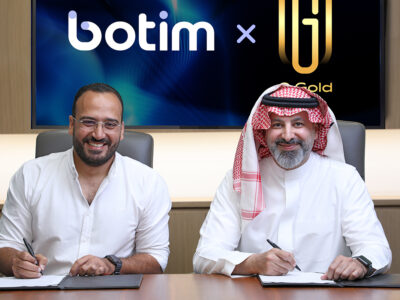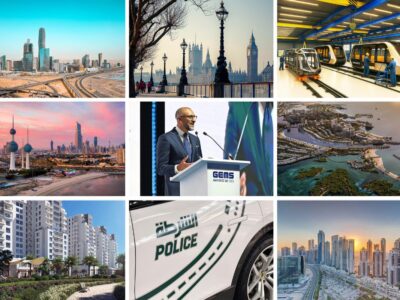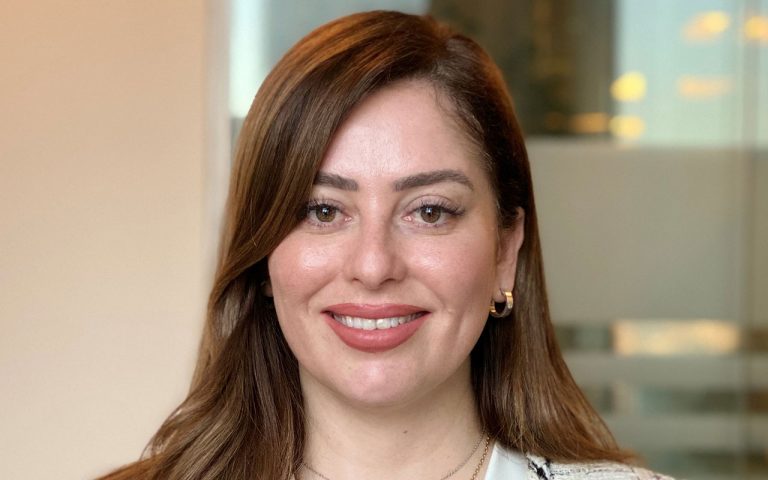While the past year may have, in many ways, been highly unpredictable, trends continue to emerge within the region’s investment landscape that can provide valuable insights as to the future direction of the market.
One of the major trends that we have witnessed in the investment funds market is an intensified focus on sustainable investing – and this is fast becoming an integral part of the wider asset allocation for investors.
The pandemic has served to highlight that our fates are indeed connected and that many of humanity’s biggest problems require collaborative action. In the Middle East, we are seeing more government investment arms, family offices and sovereign wealth fund institutions selecting companies based on the impact they generate and investing sustainably and not at the sacrifice of financial returns.
Many clients are exploring such investment opportunities for both financial returns and societal impact, because they want investments which are ethical, good for humanity and the environment, and meet their values. We’ve also seen a growing realisation of the value of sustainable strategies, not as a luxury, but as fundamental approach to select higher quality investments.
This recognition is reinforced in our 2020 Investing for Global Impact report, in which 66 percent of families indicated they would widen their risk assessment to include more non-financial, i.e. environment, social and corporate governance, factors as part of their investments following the pandemic.
Another key trend that continues to emerge is the importance of asset allocation. The traditional approach to creating an investment portfolio focuses almost entirely on an investor’s attitude to risk and ignores other emotional factors that may be at work. However, it is essential to also understand an investor’s personality and objectives and what influences an individual’s financial behaviour and decision-making.
Taking this into account can support the development of more effective individual investment solutions. Having a dedicated portfolio manager that can manage your investments with specialist knowledge and access to a global network could also help investors achieve their own individual objectives.
This also means having access to a range of multi- and single-asset class solutions, including dedicated equity and fixed income strategies. Concentrating less on timing economic cycles and more on building a high-quality portfolio that stands the test of time is also something investors should consider.
 The technology space has been very active for several years and the future remains very promising for this field.
The technology space has been very active for several years and the future remains very promising for this field.
Alternative investing has been another very important investment trend in recent years, and one that is likely to continue. This is especially prevalent in the ultra-high net worth (UHNW) and family office space with investors increasingly looking to allocate funds towards alternative assets such as private equity, hedge funds and commodities. It is key that investors understand the importance of uncorrelated assets in the portfolio. Including a variety of alternative investments is also one way investors have to diversify the risk of a portfolio.
There are also a number of emerging sectors that are witnessing a steady rise in investor interest. The technology space has been very active for several years and the future remains very promising for this field. As more and more businesses across the globe continue to invest in their digital capabilities, investors are increasingly willing to invest heavily in the technologies behind the drive. Healthcare and biotech are other areas to watch out for in the short to medium-term, as the development of new technologies such as artificial intelligence and robotics continue to transform these subsectors.
While the market may continue to be volatile as a result of the ongoing pandemic, there is a degree of certainty for investors – namely that the trends that have served to shape the field in recent years will continue to guide investor activity in the short to medium term. Diversification, employing data driven insights and introducing alternative investments could play a bigger role in maintaining a solid portfolio. While return on investment will always be a crucial consideration when making an investment, how to deliver impact and add real value in an ever-changing world is likely to remain relevant for many investors when considering which companies to fund.








